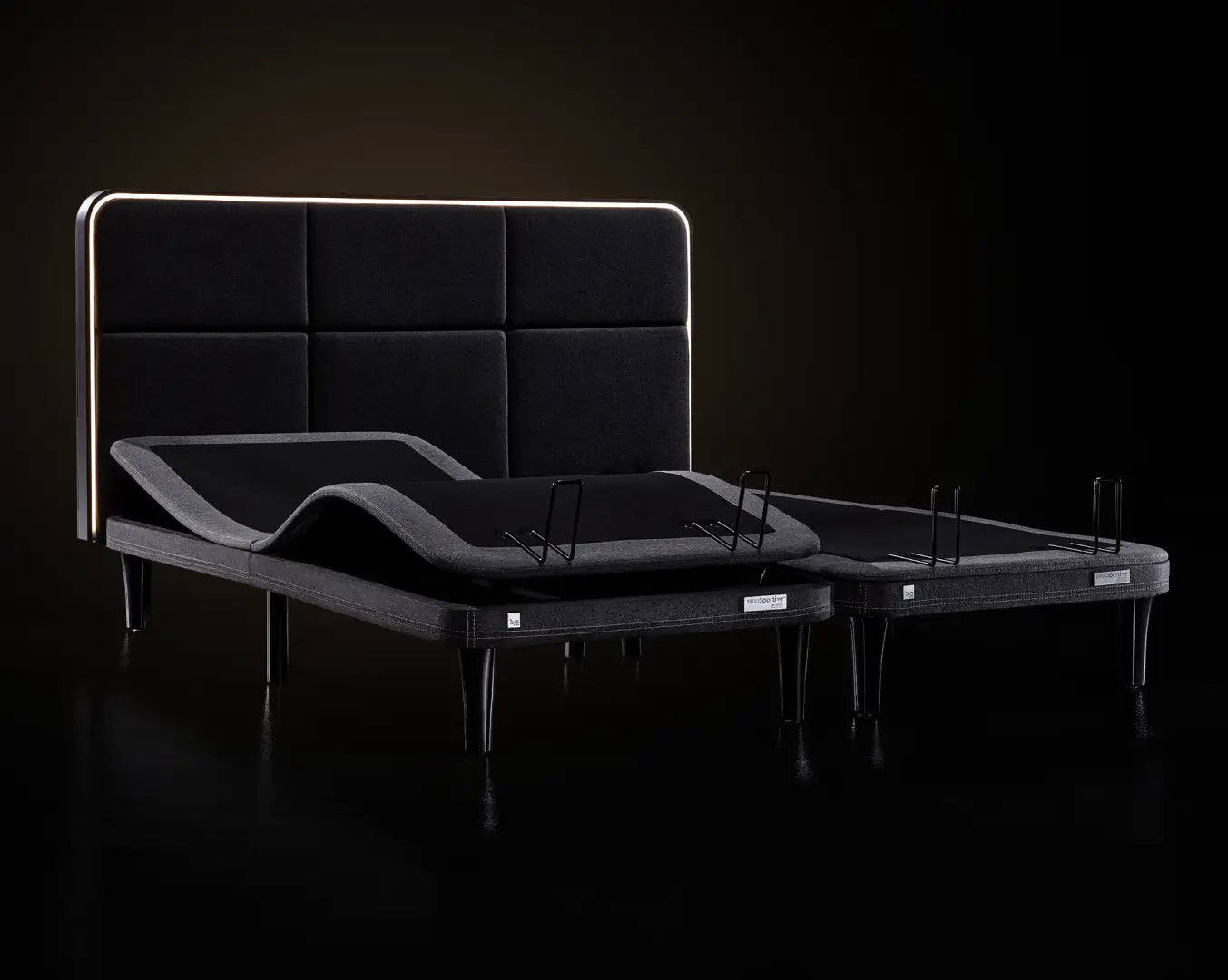We all know that sleep is crucial to general well-being as we all feel that we perform better when we sleep better. But sleep quality is even more important when it comes to professional athletes. It’s not as obvious as it seems. Most turn to sleep coaches to learn about routines, techniques, and other important sleep strategies that are key to improving their performance. Get to know more below.
There’s a natural and common interest in athletes’ habits. We want to know what they eat, what kind of products they use, and even how they sleep to become who they are and achieve remarkable goals. Physically and psychologically, athletes are a target of admiration by most of us non-athletes. But what’s so special and different about professional competitors? How do they get to be who they are? Are they just born gifted?
On a psychological side, that are countless characteristics of a professional athlete that must take place, including resilience, capacity to focus, inner motivation, and many others. On a physical level, there are only 3: training (exercise), eating/drinking well, and sleeping. The latter is going to be our focus throughout the article as, sometimes, it is ignored by athletes themselves.
Why does sleep matter
Sleep has indeed a greater impact on the athlete’s performance than most think. It is as important as a balanced diet or regular training. Why?
Among many other reasons, sleep is the mechanism that allows the body to recover, both for cells and tissue, thus it prevents illness and injuries. The body needs to repair after the stress of training, and it takes time – usually from 8 to 10 hours which is exactly the sleep time advised for professional athletes. Poor sleep or even sleep deprivation is strongly linked to an increase in injury risk.
THE ESSENTIAL BENEFITS OF SLEEP
The body
Increased metabolism | Accelerated tissue repair | Boosted immune function
Inadequate rest and recovery makes athletes more likely to sustain injuries. Sleep helps in hidden, but powerful ways.
The brain
Sharper cognition | Better mood regulation | Greater alertness
During sleep, the brain downloads information from the day and refines new skills
Source: Purple.com
According to Sleep.org, “adequate rest allows the body to recover while consolidating memories, regulating emotions, and preventing illness.” This is mainly why a regular sleeping rhythm ensures our overall wellbeing and maximizes our physical performance. But getting enough sleep takes commitment, just like training. Athletes (and non-athletes too) must commit to healthy habits such as:
– Reduce alcohol and caffeine
– Avoid sleeping pills
– Adopt a regular sleep routine
– Avoid light and screens before sleep time
Even doing so, high levels of competition have many constraints. Changing time zones often (and consequent jetlag), the stress associated with the competition itself, intense training, different environments, beds, or even different pillows are some of the barriers to a much-needed good night of sleep for an athlete.
Did you know that 66% of professional athletes reported that they slept worse than normal at least once prior to an important competition? Poor sleep occurs within this context often for reasons such as nervousness about the competition, unusual environments, and noise in the room.
How can one avoid this? Planning to limit these constraints by adjusting routines to the destiny time zone some days before, carrying their own pillow and comfortable items, and adopting many other customized strategies. It’s not that simple and athletes have a lot to worry about other than carrying their pillows. That’s why many professionals work with sleep coaches.
Cristiano Ronaldo's sleep technique
The problems linked to sleep deprivation are uncountables.
“Many people do not realize how insufficient sleep can affect our health. For example, insufficient sleep can increase the risk of heart disease, stroke, cancer, infection, and dementia,” Dr. Stahl noted.
“A large study was published earlier this year in Nature Communications Trusted Source, showing that 6 hours of sleep or less on a regular basis [at the age of 50 and 60 years] increased risk of dementia by 30%.”The most popular – and controversial – case is that of Nick Littlehales, the superstar sleep coach who developed his own Recovery Game-Changing R90 Technique that is allegedly used by the famous soccer player Cristiano Ronaldo.
According to his technique, professional athletes should take five 90-minute naps a day to sleep less, thus improving body recovery. By doing so, a player – let’s stick to Ronaldo – can keep his schedule and not waste time during the entire eight-hour night of sleep.
Doing the math, take five 90-minutes ‘sleeps’ per day for a total of 7.5 hours of downtime which is the minimum advised time for the body to rest and recover. Some argue that Ronaldo adopts the R90 Technique in addition to 8-hour night sleep. As far as we know, he hasn’t confirmed it, but other professional athletes seem to adopt this technique as the logo of Manchester City is featured on Littlehales’ website, along with others such as Formula1 or Liverpool.
To nap or not to nap
Napping is indeed a controversial topic and there’s a clear difference in what sleep coaches advise for athletes and non-athletes. Just as athletes need more calories than most people when they’re training, they need more sleep, too (about an hour extra).
Many studies prove that a short nap could help improve performance for athletes, mainly those who have lost sleep. But what are really the benefits of napping? Some include:
– Lower heart rate and intra-aural temperature
– Increased alertness, sleepiness, and short-term memory
– Increased accuracy at the reaction time
There is one thing that we can take for granted: world-class results demand world-class sleep. Sleep quality, regular sleep routines, and daytime naps were also referred by the known Grand Slam tennis winner Serena Williams when she made it to the 10th Wimbledon, only ten months after giving birth.
An interesting finding within this topic is that habitual sleep duration was shorter in athletes from individual sports than athletes from team sports. Interesting, isn’t it?
Academic and case studies are always very important to understand about a complex topic as Sleep, but technology has an increasingly important role. Wearables and other smart assistants such as the Sleep Assist App™ by Ergomotion® help competitors (and their coaches) to monitor important metrics: heart rate, average respiration, sleep duration, or turnover times.
Real-time data at the service of professionals to improve rest time, thus increasing their performance. Or, in other words, to limit the excuses not to win and be the best!




